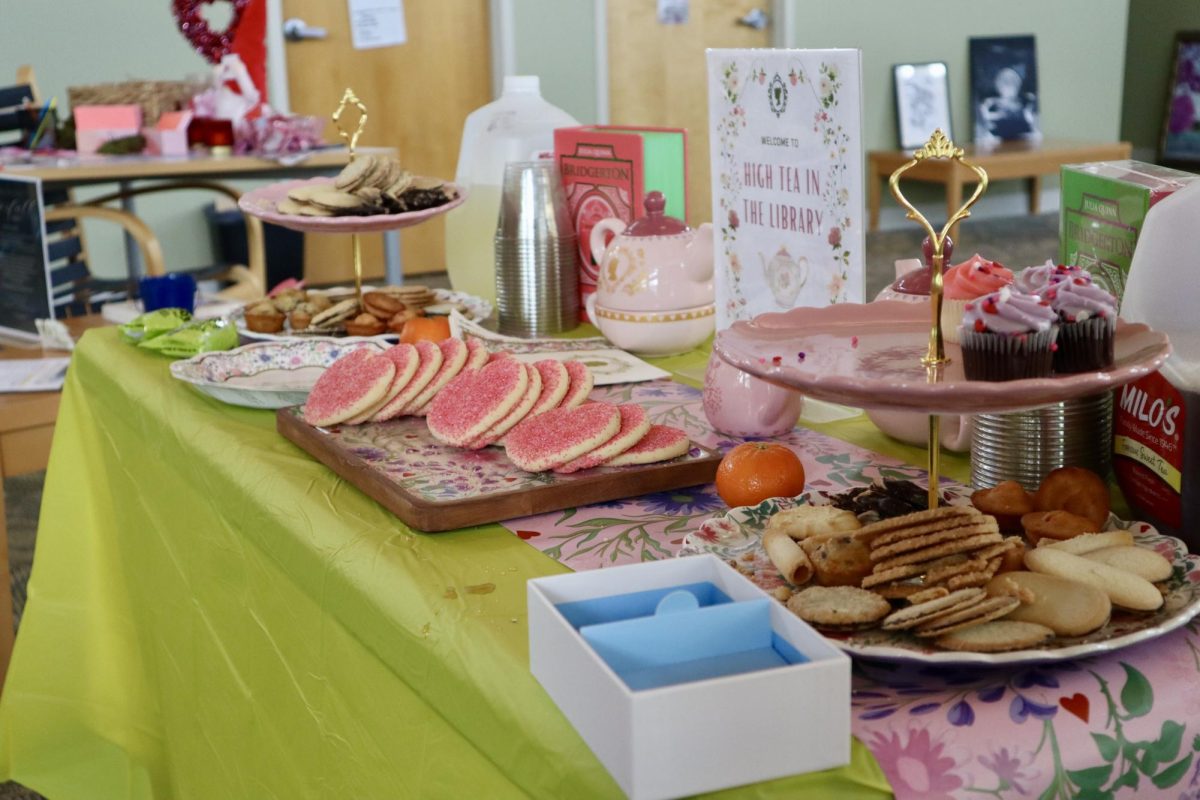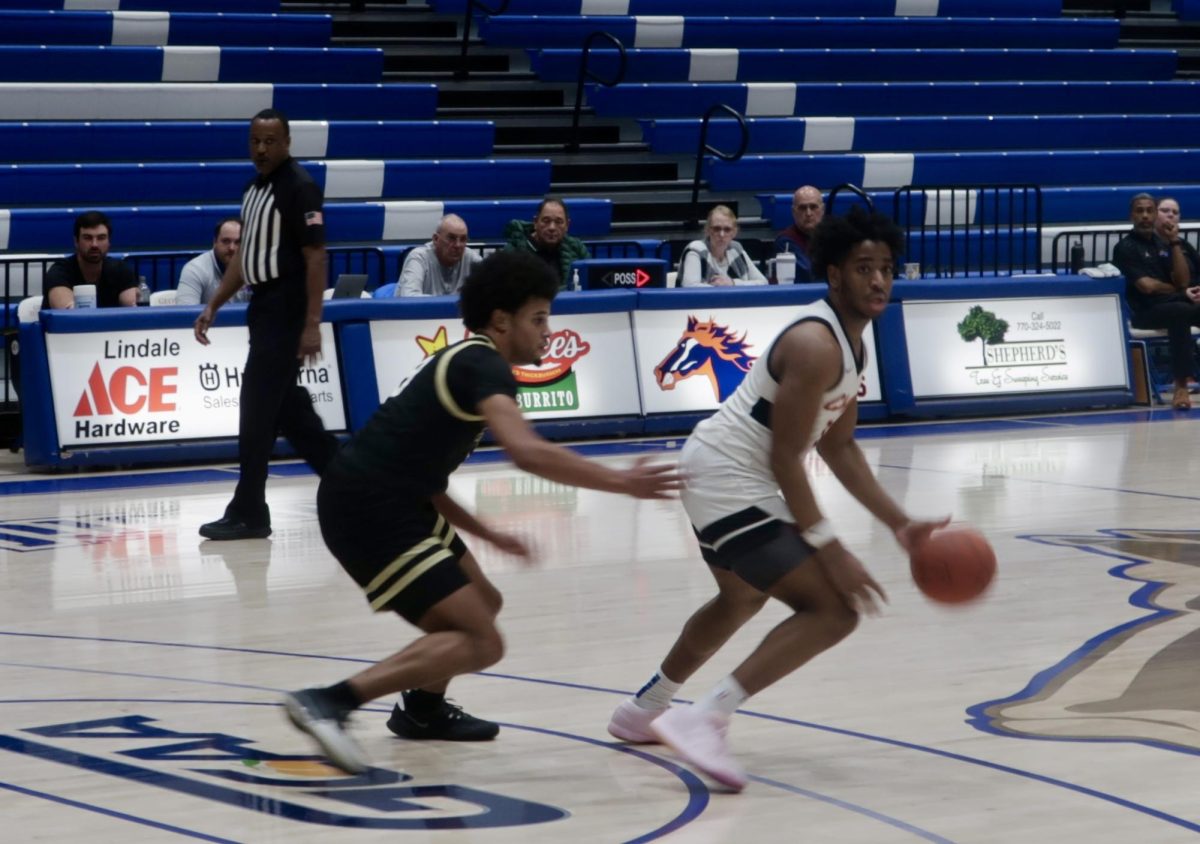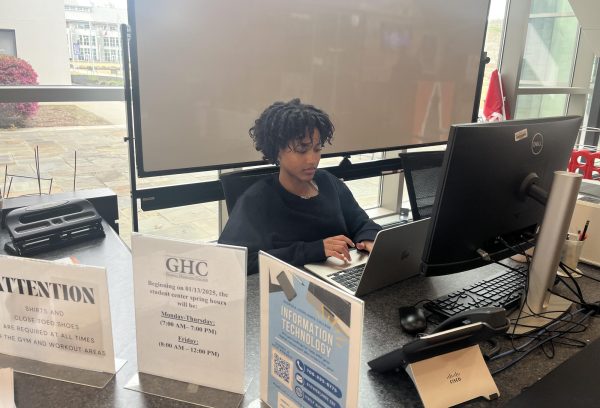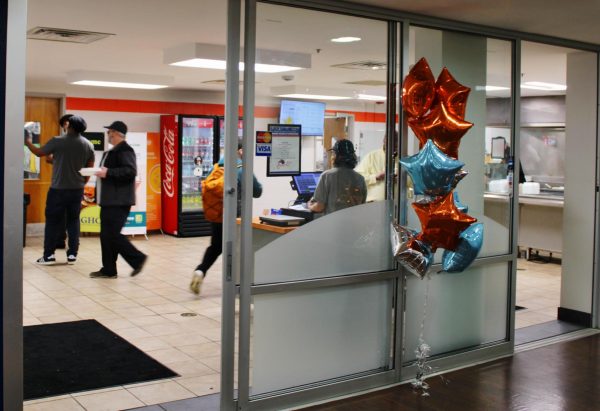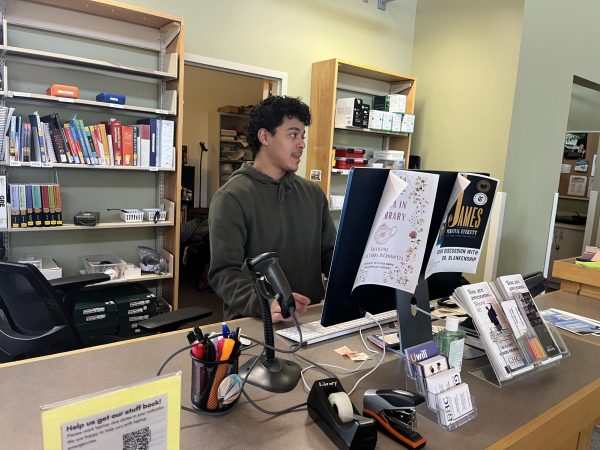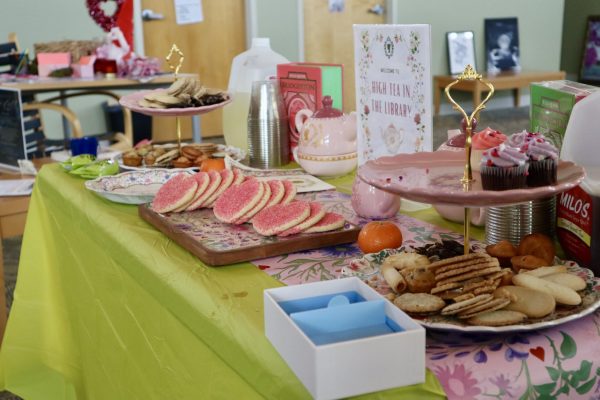Webinars aid nursing programs
The Georgia Board of Nursing is reinstating past guidelines which give incoming nursing students temporary permits to practice as Graduate Nurses.
Due to the COVID-19 pandemic, online learning has become the new normal for schools around the world.
Professors of healthcare curriculum at GHC are also dealing with this change.
As with other types of classes offered at GHC, some nursing course content was previously available for students online. However, converting clinical and classroom hours from traditional means to instructing exclusively online has been a daunting task, according to associate professor of nursing, Paula Stover.
During the two-week suspension from classes, faculty worked around the clock to optimize their curriculum for remote delivery — which will extend through the end of this semester as well as the May and summer semesters, according to GHC President, Don Green.
“This has been an extremely busy time for the nursing faculty,” says GHC’s Director of Health Sciences, Rebecca Maddox. “They have spent the last two weeks redesigning how we teach nursing in an online environment and, in particular, how we provide clinical experience.”
Maddox says that the University System of Georgia has implemented webinars to help schools strategize on how to meet the unique needs of nursing programs to ensure these students stay on track to graduate on time.
To help in the fight against the spread of COVID-19, more nurses are needed in the workforce.
“We have a responsibility to help our students get across the finish line so that they can get to work,” Maddox said.
According to Stover and Maddox, nursing faculty have had to get creative with some of the ways this new online content is being delivered, especially when it comes to meeting students’ needs for practical clinical experience.
With the support of the Georgia Board of Nursing, Maddox says students are relying on “virtual clinical” work to gain insight and experience.
“As for the clinical component,” said Maddox, “we are using unfolding case studies, virtual patients, and debriefing sessions to meet the clinical needs of the students.”
An innovative learning tool being implemented for nursing students to gain clinical experience during this time of social distancing is called i-Human Patients, which belongs to the test prep firm of Kaplan, Inc.
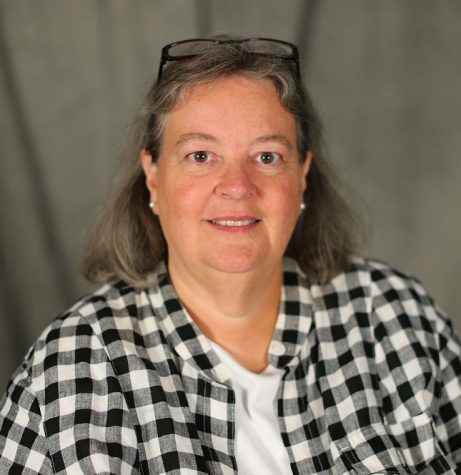
Photographer: GHC Faculty Directory
Students are given virtual patient assignments when they log on to the i-Human program.
“When they start one of the patient encounters, there is a very realistic patient on their computer screen,” said Maddox. “The patient is breathing, blinking, and will respond to their questions. Students are able to take the patient’s vital signs and assess the patient. When they place the virtual stethoscope on the patient’s chest, they can hear heart sounds and breath sounds as if they were listening to a real patient in the hospital.”
These i-Human virtual patients come complete with electronic medical records which students can use to determine what the patient needs and help develop a care plan for the virtual patient. Right now, due to social distancing requirements, Maddox said this “is as close to a real clinical experience as we can get.”
Last year nursing students got hands-on experience with a mock active shooter event which involved GHC Campus Police, the Floyd County Emergency Management Agency, Floyd County Police and EMS from Floyd Medical Center in the drills.
“Obviously, our mock disaster has been replaced with a true disaster,” said Maddox, “I would not have wished this on any of us, but it is an excellent learning opportunity for the nursing students.”
Because students are required to have Nursing Assistant certification before entering the nursing program and because some of the courses bridge Registered Nurses to a BSN degree, many of GHC’s nursing students are already working in area hospitals.
Maddox says that these students are seeing firsthand how healthcare professionals deal with a crisis.
“They are seeing the good, the bad and the ugly. They are seeing and feeling the struggles,” said Maddox. “They are fighting the good fight. They are there by the patient’s side when the patient’s family members are not allowed to be in the hospital. And they are seeing and feeling the heartache when treatment is not enough.”
These students come home from work with schoolwork to do. Many of these nursing students have children at home, and some of them are caring for elderly family members. According to Maddox, some of these students have lost friends and family members to COVID-19.
*The 2020 graduating class of nursing students will see the Georgia Board of Nursing reinstate past guidelines which give incoming nurses temporary permits to practice as Graduate Nurses. This means that with social distancing in place, nursing board exams will be metered so that only eight students can test at a time.
According to Maddox, when this class of nursing students complete their program, they will be able to join the workforce under the direct supervision of an RN until they can take the NCLEX.
“Results from the NCLEX are available within 48 hours of taking the exam,” said Maddox. At that time, these Graduate Nurses will either be issued a nursing license or their temporary permit will expire.





